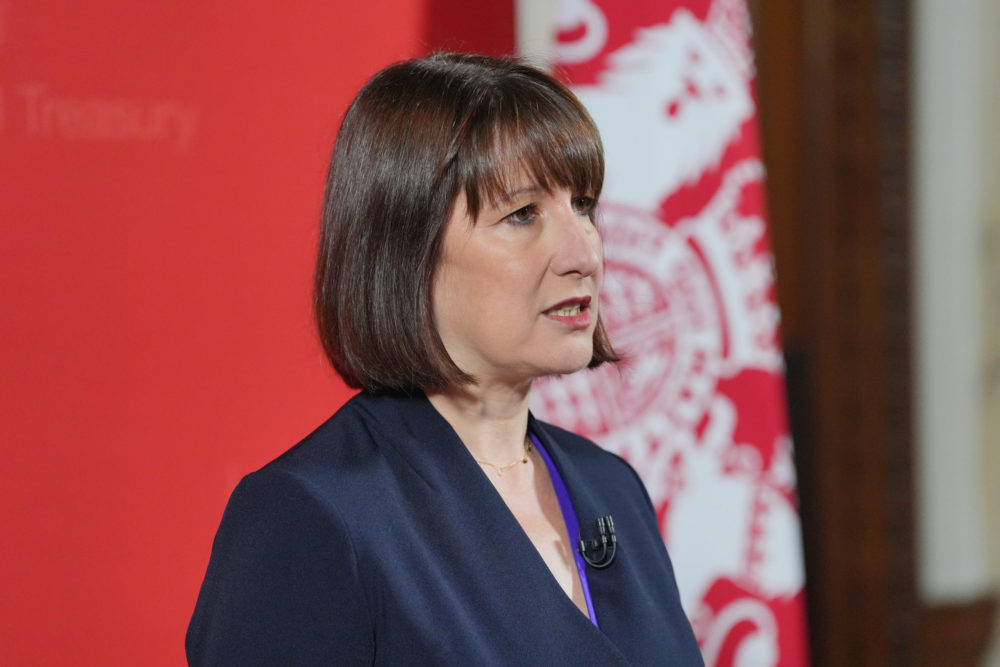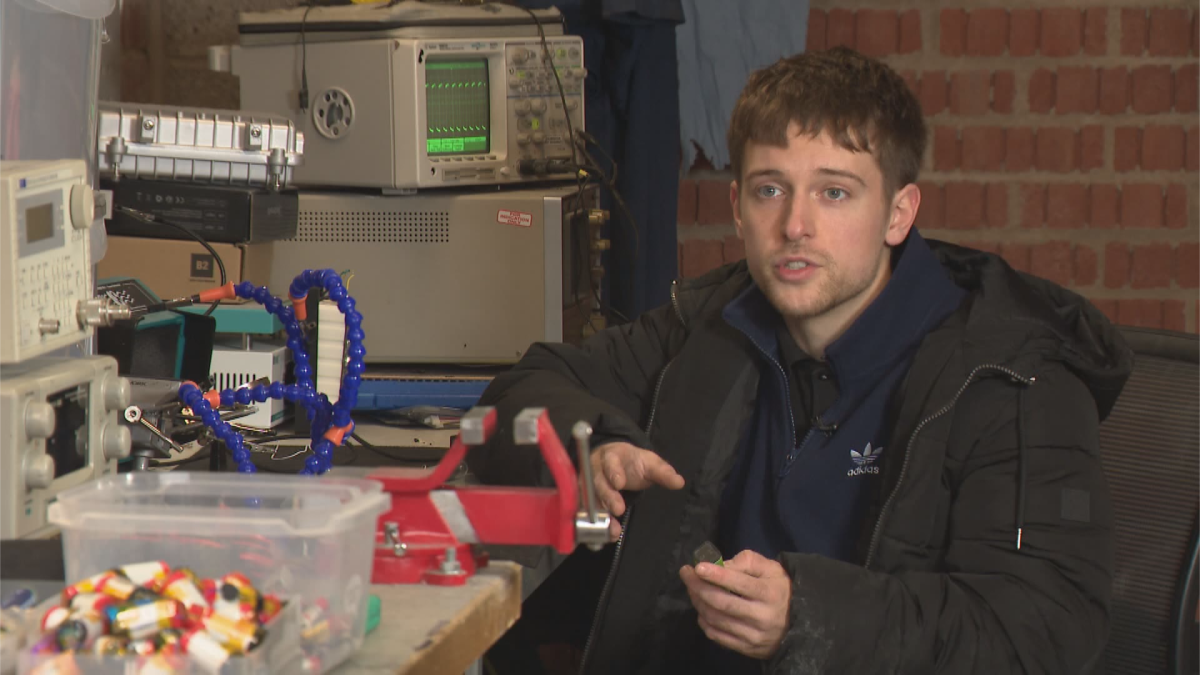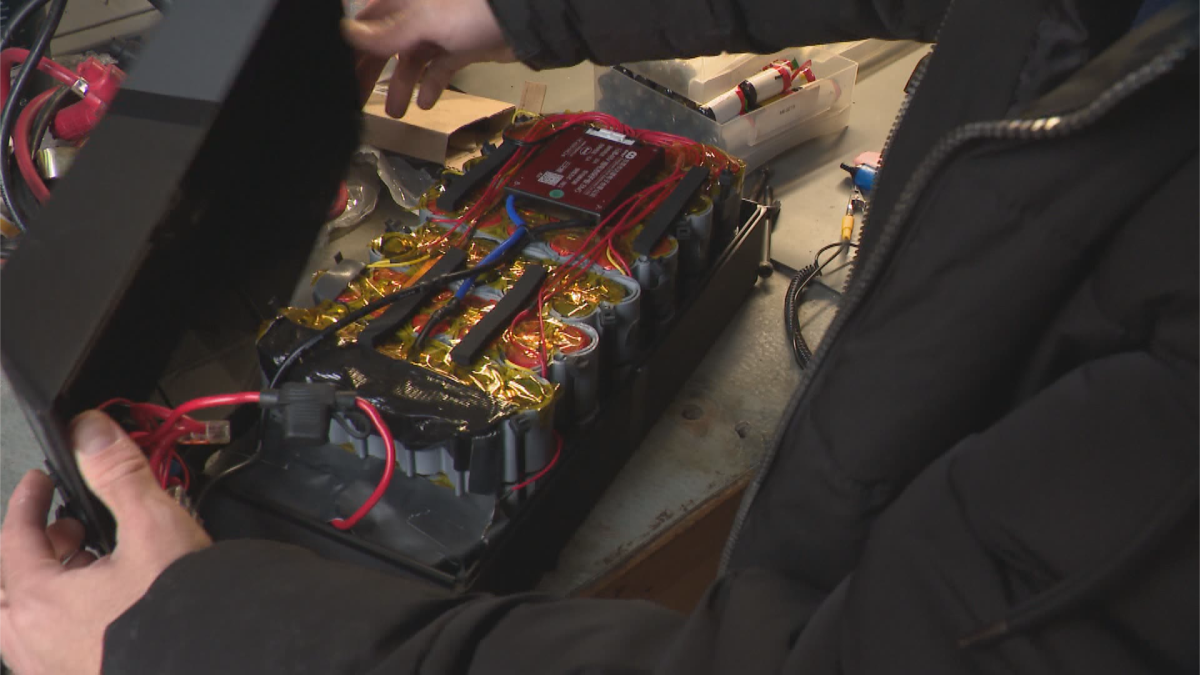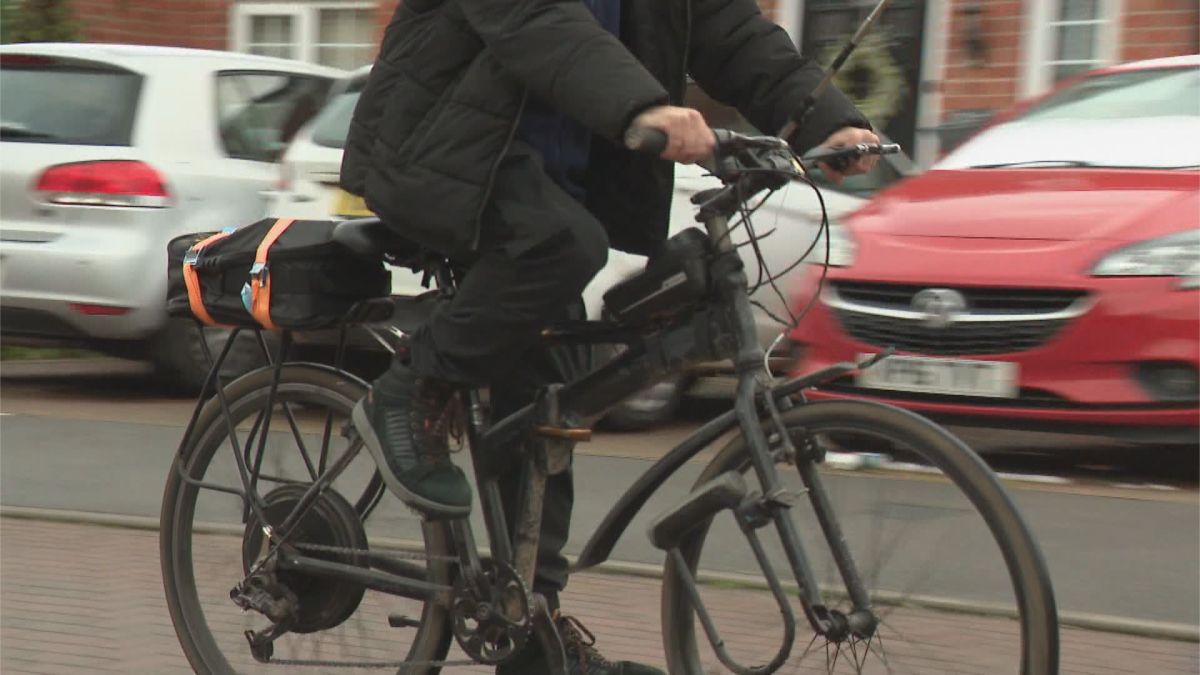Robbie Meredith & Amy Murray
BBC News NI

Some primary schools have been facing a shortage of school kitchen staff
Some school kitchen staff are on a "frankly unacceptable" salary despite a recent pay deal.
That is according to the head of a Lisburn primary school, writing in a letter to the Education Authority (EA).
Andrew Burns, from Riverdale Primary, told the EA that his kitchen supervisor had a "pay downgrade".
The EA, which employs the staff in school kitchens and canteens, said that "transformation work" agreed with trade unions was aimed at resolving the issue.
Pay scales for school support workers like bus drivers, classroom assistants and canteen staff were recently changed after a review into pay and job grading.
But as part of that review school kitchen supervisors - known as unit catering supervisors - are on the same pay grade as cooks.
The supervisors have a range of extra duties that cooks are not expected to undertake, including organising menus and food orders, and managing staff.
Some primary schools in County Down have been without hot dinners recently due to a shortage of school kitchen staff.

Andrew Burns, head of Riverdale Primary in Lisburn, wrote a letter to the Education Authority in support of kitchen staff
Mr Burns told BBC News NI that Riverdale's canteen supervisor not only made "sure the kids are getting a healthy and nutritious meal but also made it an interesting and fun place to go".
"It just seems to be over the years, she's in earlier than she should be, she's working longer than she should be," he said.
"When they're going above and beyond to then basically what seems like a downgrade in pay, the worry is that you're going to have people either burnt out or people deciding they're not going to stay on."
Mr Burns added while it was good that pay agreements had been reached for all non-teaching staff he was concerned the "extra responsibilities" of canteen or unit supervisors had not been rewarded.
In his letter to the EA, he asked that "this decision be reviewed with urgency".
"I feel that their jobs are undervalued and that they should be recognised for the hard work that they do," he wrote.
'We're not asking for a lot'
One unit supervisor told BBC News NI the new pay review made her feel "very much underappreciated".
She said while she did not want to diminish the work of cooks, unit supervisors have more responsibilities in the kitchen.
"We feel there was no consultation with us regarding the changes," she said.
"We got to vote but there was no response from unions on our feelings."
Another unit supervisor said she had seen "many changes" in her job over the years.
"Added paper work, a lot of it with very little clear training, staff shortages, not being able to depend on orders arriving, maintenance not being carried out, the list goes on," she explained.
"We put our all into the job and continue to feed the children.
"We're not asking for a lot, only that we are fairly paid and recognised for what we do."
Advertisement

One school kitchen supervisor told BBC News NI the pay review left them feeling underappreciated
A spokesperson for the EA said the pay and grading review "significantly reformed the EA pay structures, resulting in an uplift in pay for our support staff".
"This has been widely welcomed by our staff and will go a long way to tackling the recruitment and retention issues we are facing across many of our services."
However, the EA said some pay scales had been merged.
"It was recognised as part of the pay and grading discussions with trade unions that this would have an impact on some staffing structures within our catering service," the spokesperson continued.
"It was therefore agreed with trade unions, as part of the pay and grading negotiations that service transformation work would be undertaken in parallel to the pay scales being amended.
"This would resolve this issue."
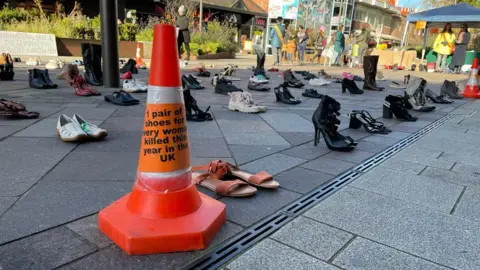
 BBC
BBC





